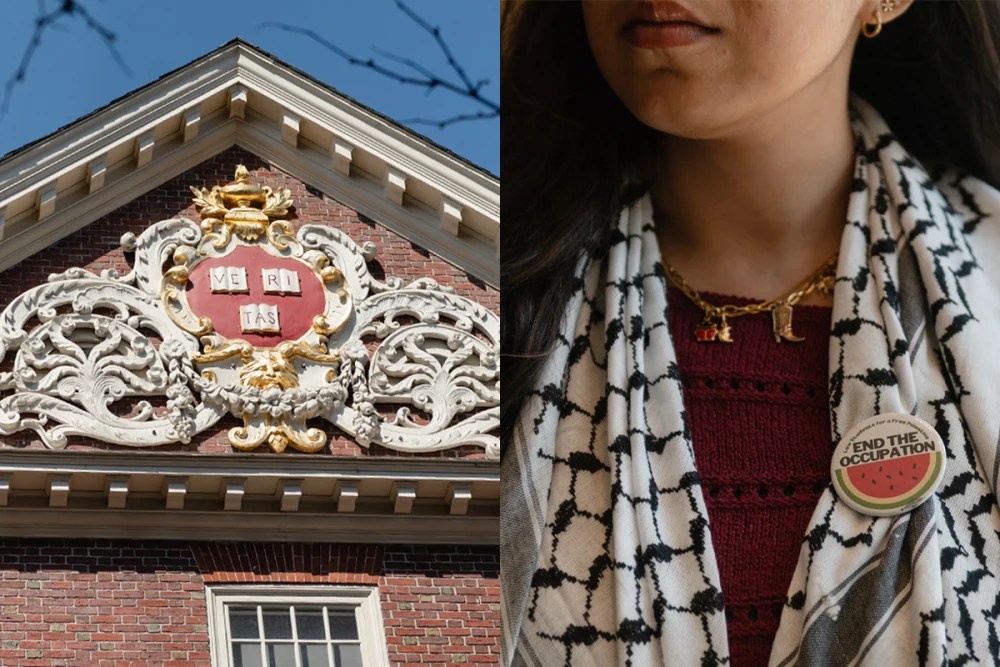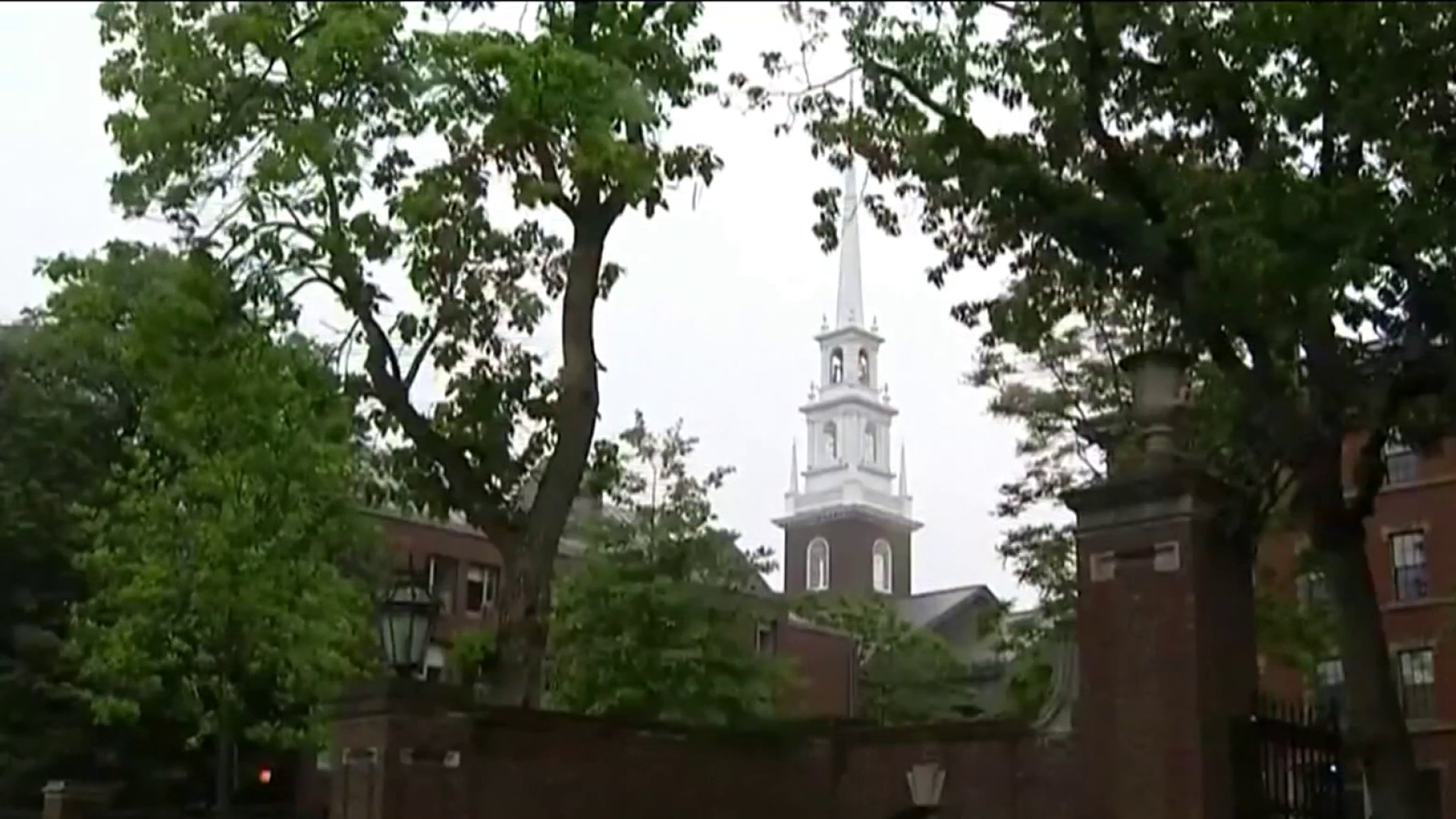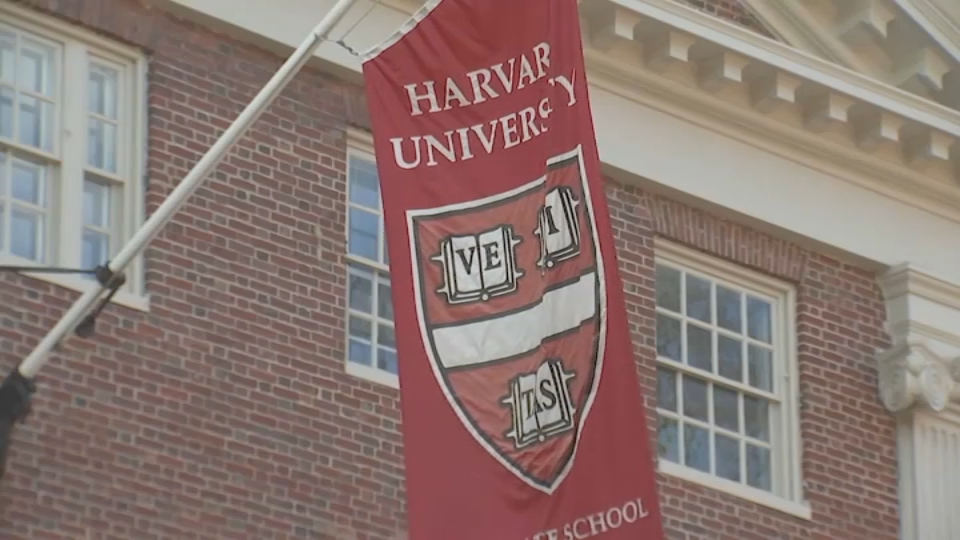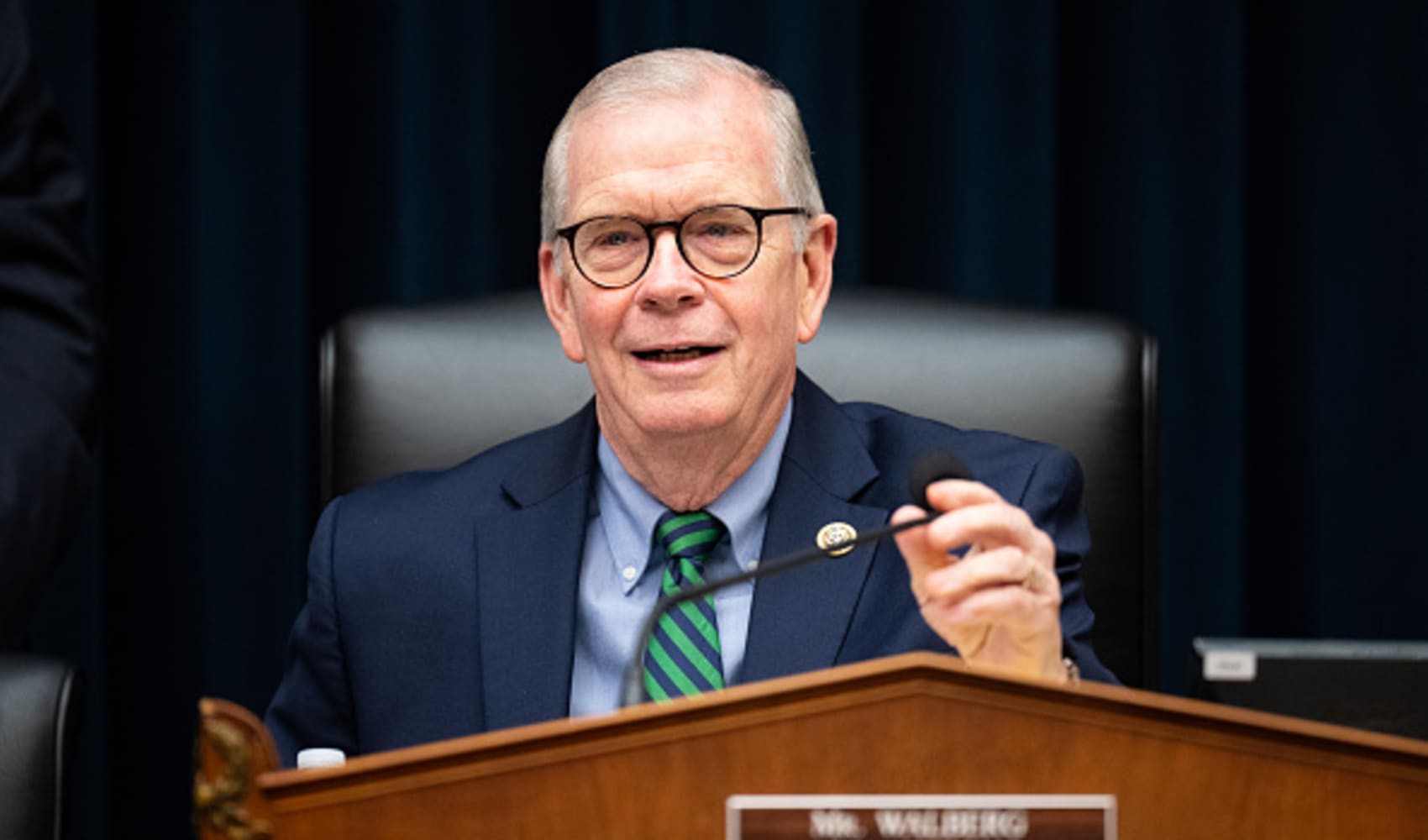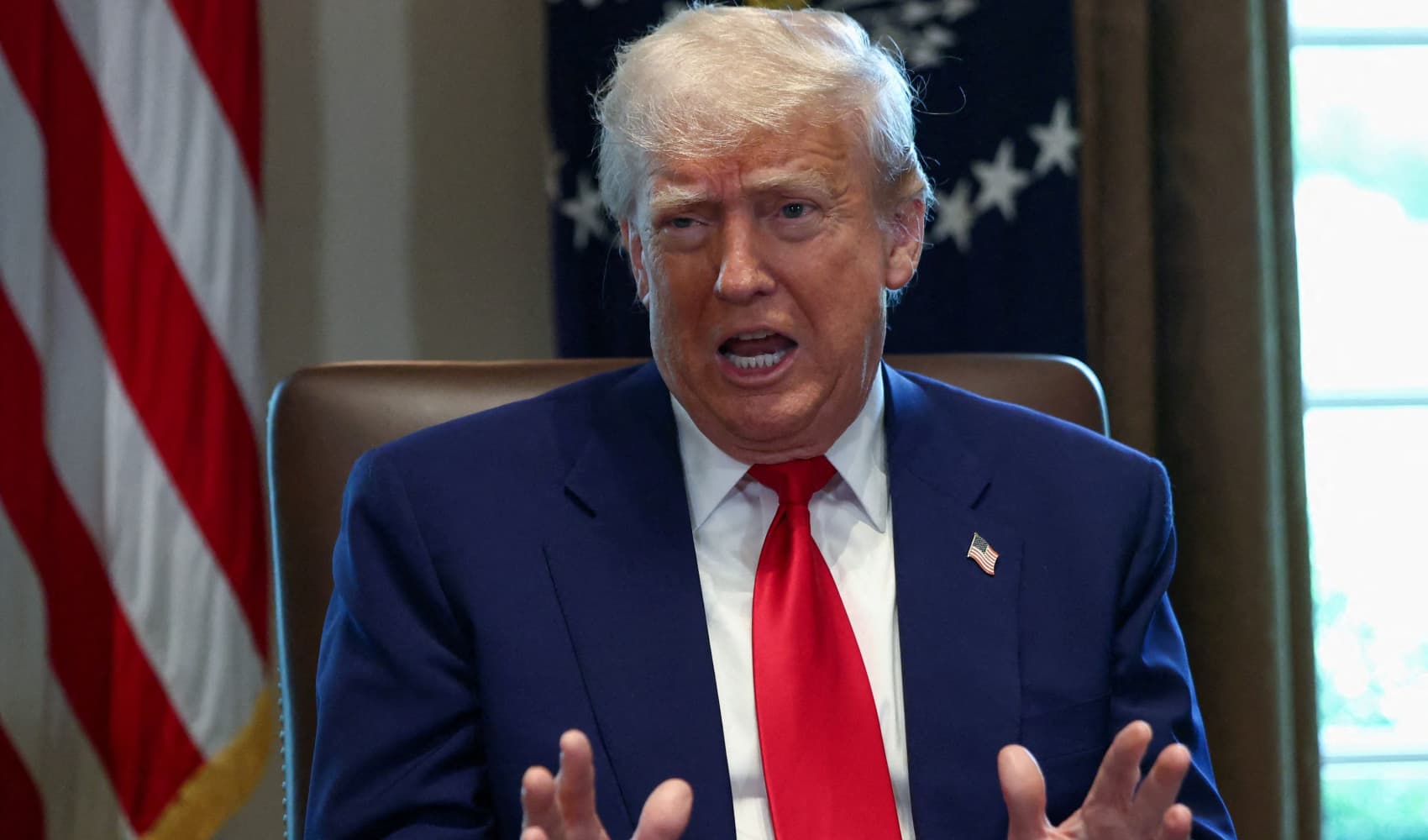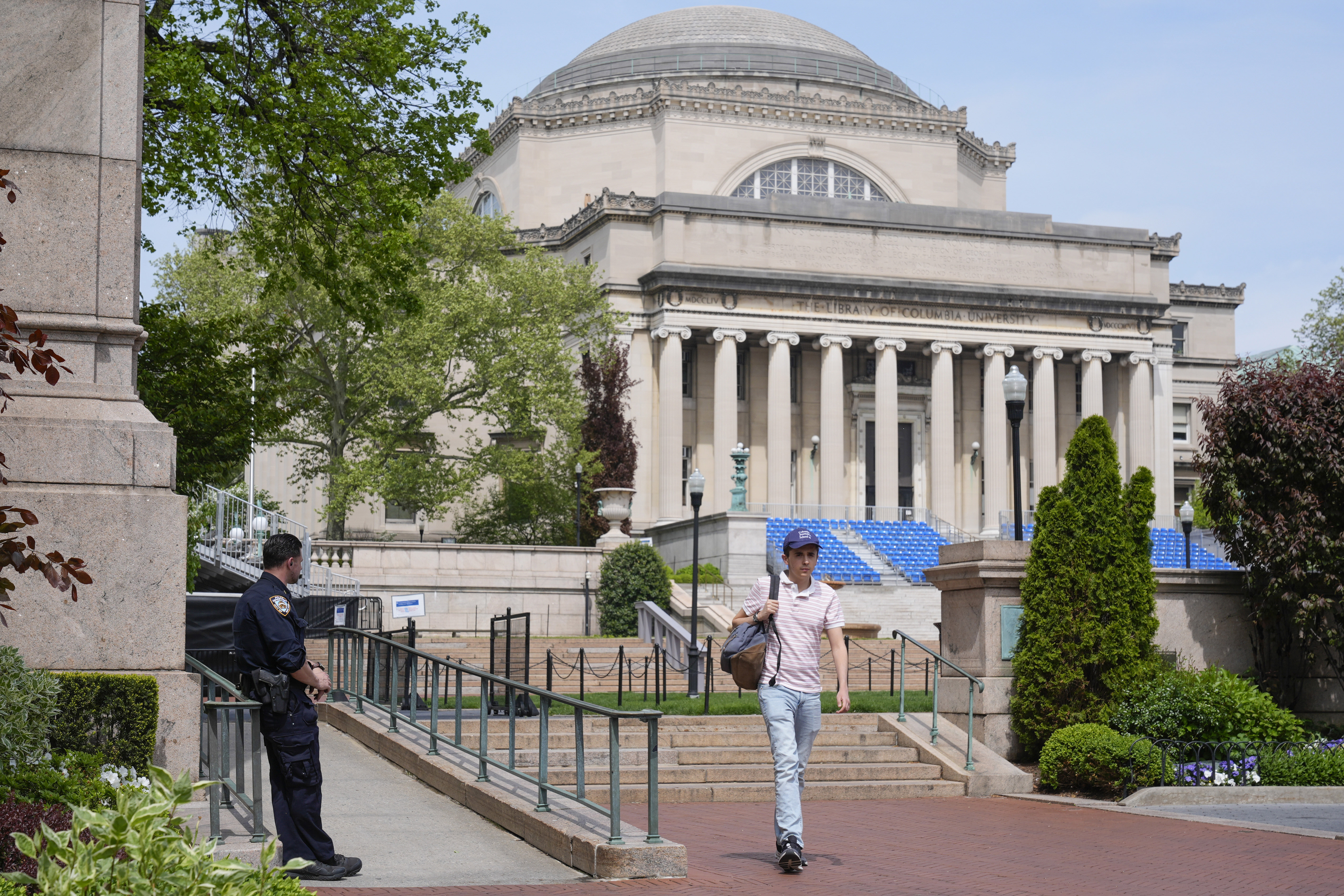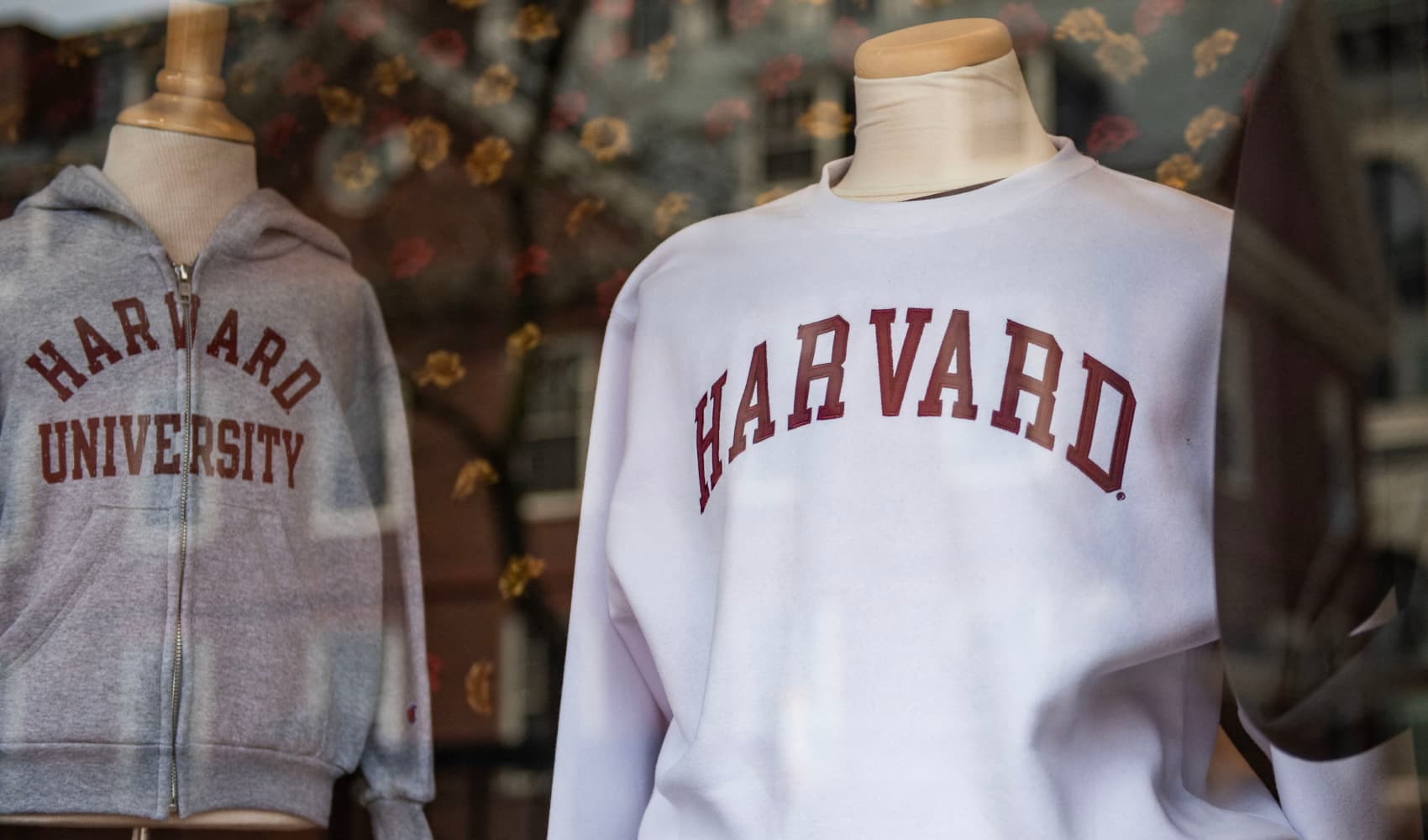Harvard vs. Trump: How Students & Faculty Are Coping
Harvard Under Fire: How Trump's Policies Are Shaking the Ivy League
Introduction: A Campus at a Crossroads
Town halls filled with worried whispers about potential layoffs. Professors requesting medical leaves, citing overwhelming stress and anxiety. Students, particularly those from overseas, anxiously preparing for the possibility of deportation. This isn’t a dystopian novel; it’s the reality for many at Harvard University right now. America’s oldest and wealthiest institution of higher learning finds itself at a crucial juncture, weathering a storm of challenges brought on, at least in part, by the policies and rhetoric of the Trump administration.
On the surface, Harvard has projected an image of unwavering defiance, refusing to bend to what it perceives as unjust demands. But behind the imposing gates and hallowed halls, a palpable sense of unease has taken root. Many, especially international students and faculty, are grappling with uncertainty and fear. While opinions on the administration’s actions are diverse, a common concern lingers: Will Harvard remain the Harvard we know and admire if these pressures persist?
The Initial Spark: A Clash of Ideologies
How did we get here? The seeds of this conflict were sown early in the Trump presidency. Disagreements over immigration policy, research funding, and academic freedom created a chasm between the administration and many universities, with Harvard often taking a leading role in voicing opposition. This clash wasn't just about policy; it was about fundamentally different visions for the future of America and its role in the world.
Navigating Murky Waters: Immigration Policy
One of the earliest and most significant points of contention was immigration. New restrictions and travel bans left countless international students and faculty in limbo, unsure whether they could enter or re-enter the country. The chilling effect on academic collaboration and exchange was immediate and profound.
The Financial Pressure Cooker: Research Funding Cuts
Harvard, like many research universities, relies heavily on federal funding for its groundbreaking research initiatives. Proposals for significant cuts to these programs sent shockwaves through the academic community. What happens when vital funding dries up? The potential consequences – stalled research, job losses, and a diminished capacity for innovation – loomed large.
The Impact on Scientific Advancement
Imagine a promising cure for a devastating disease, sitting on a shelf because the research team lacked the resources to continue their work. This isn’t a hypothetical scenario; it’s a very real possibility when research funding is slashed. The ripple effects of these cuts extend far beyond the university walls, impacting society as a whole.
Academic Freedom Under Scrutiny: A Chilling Effect?
Beyond immigration and funding, concerns arose about academic freedom itself. Did the administration’s rhetoric and policies create an environment where scholars felt pressured to self-censor their research or opinions? The very idea of an "ideological litmus test" for academic inquiry sent shivers down the spines of many.
The Importance of Open Inquiry
Universities are, at their core, marketplaces of ideas. They thrive on open inquiry, vigorous debate, and the fearless pursuit of knowledge. Any attempt to stifle these fundamental principles strikes at the very heart of academic freedom.
Student Anxiety: A Campus on Edge
It's easy to get lost in the abstract debates about policy and funding. But for the students on campus, the anxieties are very real and personal. International students faced deportation fears, while domestic students worried about tuition costs and job prospects.
The Burden of Uncertainty
Imagine being a student, trying to focus on your studies, while constantly worrying about your immigration status or your ability to afford tuition. This burden of uncertainty can take a tremendous toll on mental health and academic performance.
Faculty Morale: The Strain of Uncertainty
The impact wasn't limited to students. Faculty members, particularly those who mentored international students or relied on federal funding for their research, felt the strain as well. The emotional toll of navigating these challenges led to increased stress, burnout, and even medical leaves.
Supporting Faculty Well-being
A university is only as strong as its faculty. It's crucial to provide faculty members with the support they need to navigate these challenging times, including resources for mental health, professional development, and advocacy.
Harvard's Response: A Stand Against the Tide
To its credit, Harvard did not remain passive in the face of these challenges. The university actively lobbied against restrictive immigration policies, defended academic freedom, and sought alternative funding sources to mitigate the impact of federal cuts.
Legal Challenges and Advocacy
Harvard joined other universities in filing lawsuits against the administration's policies, arguing that they were unlawful and discriminatory. These legal challenges served as a powerful symbol of resistance and a defense of the university's values.
The Long-Term Implications: A Changing Landscape
Even with a change in administration, the long-term implications of this period remain. The scars of uncertainty and fear may linger for years to come. How will Harvard adapt and evolve in this new landscape?
Rebuilding Trust and Confidence
Restoring trust and confidence among students and faculty will be a crucial task. This will require a commitment to transparency, open communication, and a unwavering dedication to academic freedom and inclusion.
The Role of Alumni: Supporting the University
Harvard's alumni network represents a vast pool of talent, resources, and influence. Engaging alumni as advocates and supporters can be a powerful way to strengthen the university's position and ensure its future success.
Philanthropy and Advocacy
Alumni can contribute through philanthropic giving, advocating for policies that support higher education, and serving as mentors and advisors to students and faculty. Their engagement is vital to Harvard's long-term health.
Beyond Harvard: A Broader Trend
It's important to remember that Harvard is not alone in facing these challenges. Many universities across the country are grappling with similar issues, from immigration restrictions to funding cuts. This is a broader trend that threatens the vitality of higher education in America.
The Importance of Collaboration
Universities must work together to advocate for policies that support academic freedom, research funding, and international collaboration. By speaking with a unified voice, they can have a greater impact on policymakers and the public discourse.
The Future of Higher Education: A Call to Action
The events of the past few years have served as a wake-up call for higher education. Universities must be proactive in defending their values, advocating for their interests, and adapting to a rapidly changing world. The future of higher education depends on it.
Embracing Innovation and Change
Universities must embrace innovation in teaching, research, and administration to remain relevant and competitive. They must also be willing to challenge traditional models and explore new ways of serving their students and communities.
Looking Ahead: Lessons Learned
While the showdown with the Trump administration presented significant challenges, it also offered valuable lessons. Harvard and other universities learned the importance of resilience, advocacy, and community engagement. These lessons will serve them well as they navigate the challenges of the future.
Strengthening the University's Core Values
Ultimately, the experience reinforced the importance of upholding the university's core values: academic freedom, intellectual curiosity, and a commitment to serving the common good. These values are the foundation of Harvard's enduring legacy.
Conclusion: Navigating the New Normal
Harvard, along with many institutions of higher learning, has undeniably felt the impact of the Trump era. From immigration anxieties to funding uncertainties, the challenges have been profound. While the university has demonstrated resilience and resistance, the long-term consequences remain to be seen. The future of Harvard, and indeed of higher education in America, hinges on its ability to adapt, innovate, and reaffirm its commitment to its core values. Will Harvard continue to be a beacon of knowledge and opportunity in a rapidly changing world? Only time will tell.
Frequently Asked Questions
Here are some frequently asked questions about the impact of the Trump administration on Harvard University:
-
Q: What specific immigration policies impacted Harvard's international students?
A: Travel bans and changes to visa regulations created uncertainty and fear for international students, making it difficult for them to travel and complete their studies. Stricter enforcement of existing regulations also contributed to a sense of unease.
-
Q: How did the potential cuts to federal research funding affect Harvard?
A: Proposed cuts threatened to slow down vital research projects, leading to potential job losses and a diminished capacity for innovation. Many researchers had to spend more time seeking alternative funding sources, diverting their attention from their core work.
-
Q: What steps did Harvard take to support its international students during this period?
A: Harvard provided legal assistance, counseling services, and emergency funding to support international students who were affected by the administration's policies. The university also actively lobbied against restrictive immigration measures.
-
Q: Did faculty members at Harvard feel pressured to self-censor their research or opinions?
A: Some faculty members reported feeling a chilling effect on academic freedom, particularly those working in areas that were politically sensitive. The uncertainty surrounding research funding and the administration's rhetoric contributed to this sense of unease.
-
Q: How has Harvard adapted to the changing political landscape in recent years?
A: Harvard has strengthened its advocacy efforts, diversified its funding sources, and increased its focus on supporting diversity and inclusion on campus. The university has also embraced new technologies and teaching methods to remain relevant and competitive.
